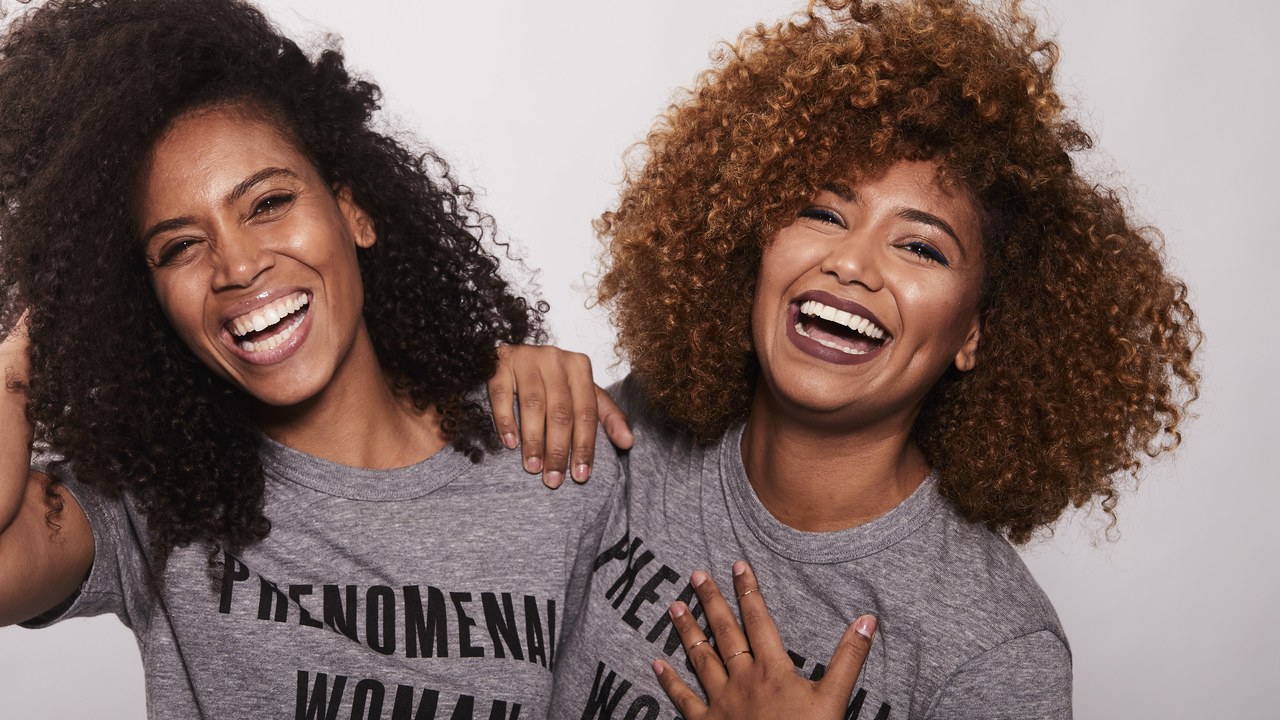It's Black Women's Equal Pay Day. No Matter Who You Are, That Should Matter to You

It’s not quite a cause for celebration, but August 21 is Black Women’s Equal Pay Day, which marks the point in 2019 at which the average black woman’s wages at last catch up to what a white man earned in 2018.
For women overall, it takes about 16 months to make what a white man makes in 12. But for black women, that number is higher. It takes 20 months to even out. Native American women won’t meet the benchmark until late September. Latinas will hit it in November. But to mark this, uh, inauspicious occasion, we invited Meena Harris, founder of the Phenomenal Woman Action Campaign, to interview Black Lives Matter cofounder Alicia Garza. Harris, who also serves as commissioner on the San Francisco Commission on the Status of Women and holds a leadership position at Uber, established the Phenomenal Woman Action Campaign to raise awareness about social causes in partnership with non-profit organizations that support women’s rights on the ground. Here, she and Garza chat about the gender wage gap, the economic importance and potential of black women, and what it means to be an activist.
Meena Harris: Today is Black Women’s Equal Pay Day (BWEPD) which, as you know, signifies the approximate day a black woman has to work into the new year to make what a white man made at the end of the previous year. Based on census data from 2019, black women are only paid 61 cents to every dollar that a white man makes. Can you talk about the significance of this as an economic issue?
Alicia Garza: When you hear statistics about the gender wage gap in America, we often hear that women make 78 cents on the dollar that white men make. Actually, those are statistics looking specifically at white women. What it points to is that the economy is organized by race and by gender all at the same time. There are communities who sit at the intersection, and one of those communities is black women. So, If we’re not looking at how the economy is organized by race and gender and the communities that sit at those intersections, when we try to develop policies or solutions to a pervasive problem, we will leave communities behind and black women are very susceptible to that.
We see this happen all the time with issues when they’re not viewed from an intersectional perspective. For Black Futures Lab’s 2019 Black Census Project, you looked at priority issues and concerns for black people across the country and found that the issue of low wages not being enough to support a family was the number one concern of black respondents. How does this map onto the wage gap for black women?
AG: First and foremost, what’s important to know is that black communities are rarely asked how and what we experience in the economy, democracy, and in our society. That’s why we set out on this project particularly in leading up to a major presidential election. Every time we see a presidential candidate come up on the stage, they’re talking about how they’re going to improve the economy. The reality is that not everyone is experiencing the economy in the same way.
Any policy or proposal that wants to tackle this issue has to look at how the economy is organized by race and by gender. We find when you start with the people who are experiencing the problem the worst and most frequently, it actually creates the most possibilities for everyone to rise.
So, we know that, when we do right by black women—particularly those who are primary breadwinners, particularly those who are also dealing with other economic issues like mass incarceration or inadequate schools for their children—and when we raise their wages, the entire country benefits. It’s not just about numbers. It’s about families and what’s keeping us up at night, and the solutions we know can help to change the lives of everyone in America.
